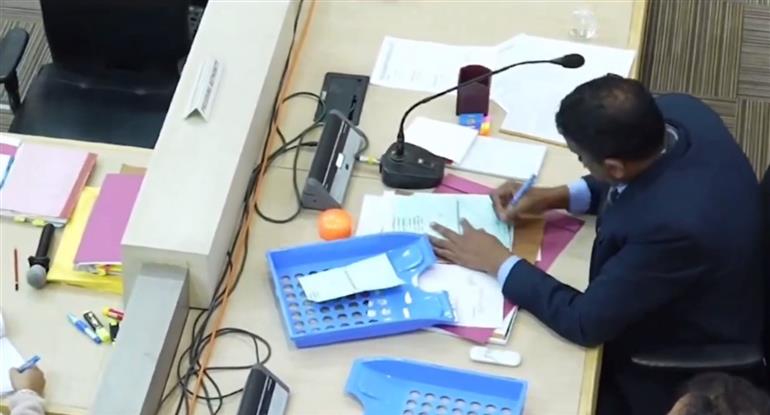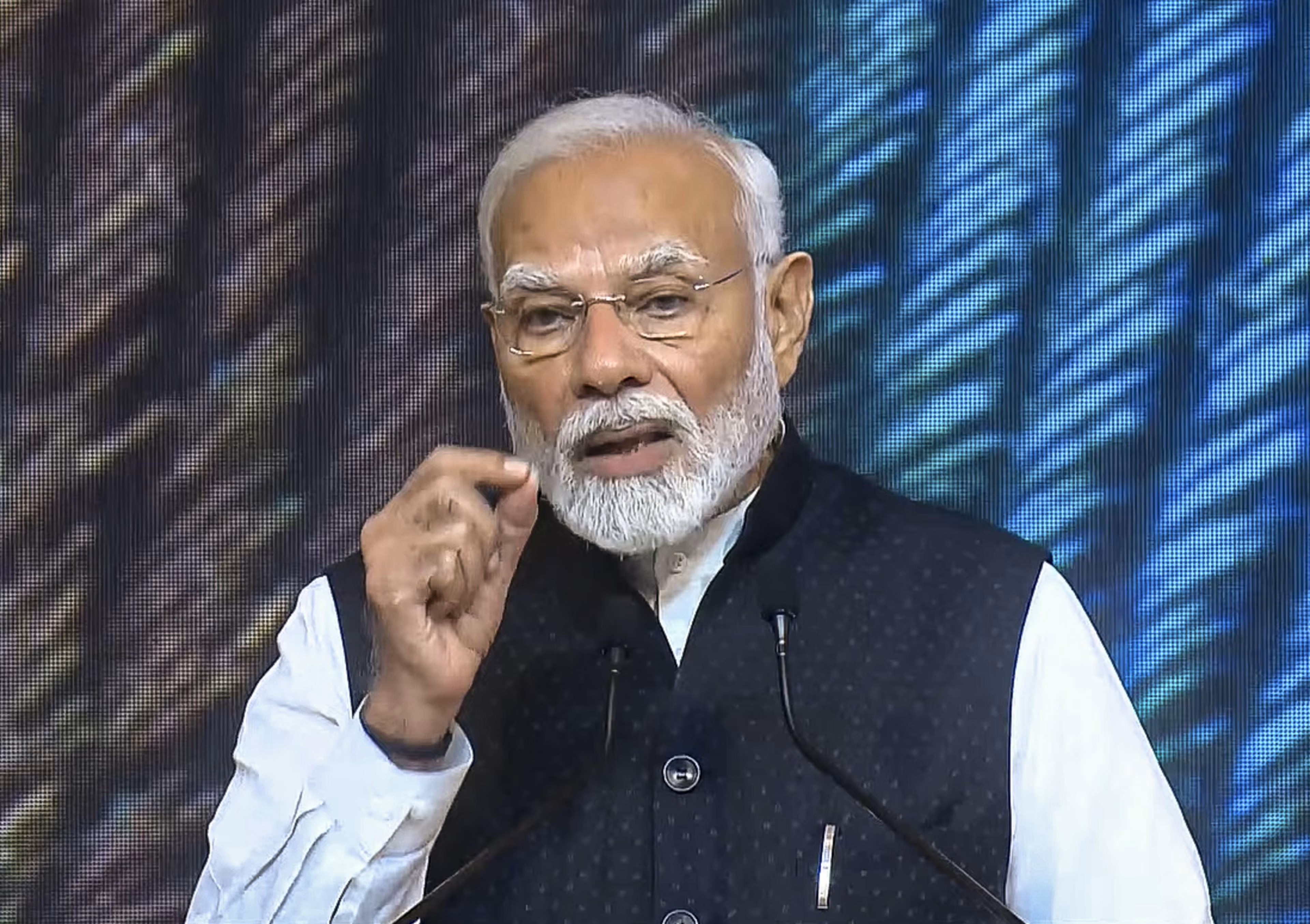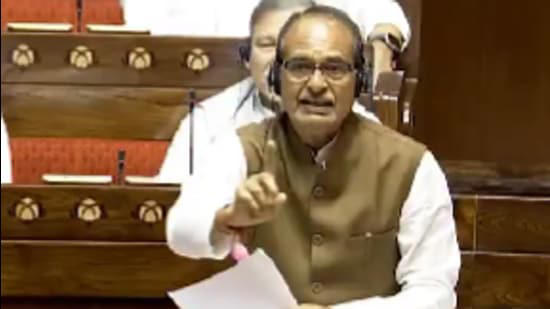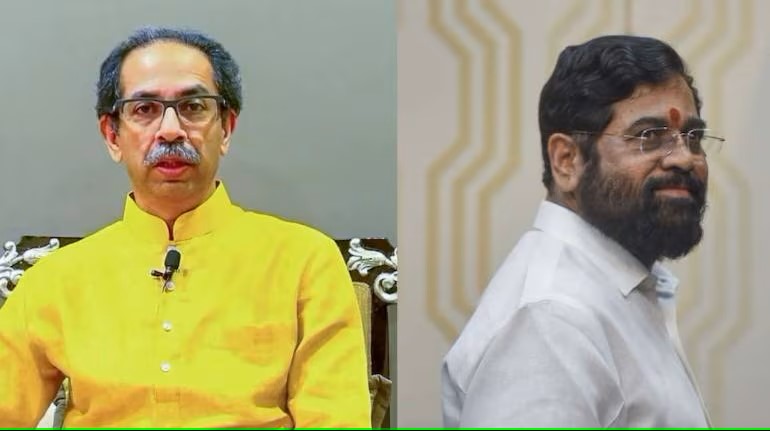The simmering tension in Chandigarh has erupted into a political tempest, its tremors sending shockwaves across the nation. Accusations of electoral manipulation, potential horse-trading, and subsequent judicial intervention have cast a long shadow over the mayoral election, demanding close examination and reflection.
 At the heart of the controversy lies Returning Officer Anil Masih’s actions during the counting process. His alleged marking of eight ballot papers with “X”s ignited a firestorm of speculation. The AAP viewed it as a deliberate attempt to influence the outcome or facilitate post-election deals, while the BJP vehemently denied any wrongdoing, claiming they merely distinguished defaced ballots.
At the heart of the controversy lies Returning Officer Anil Masih’s actions during the counting process. His alleged marking of eight ballot papers with “X”s ignited a firestorm of speculation. The AAP viewed it as a deliberate attempt to influence the outcome or facilitate post-election deals, while the BJP vehemently denied any wrongdoing, claiming they merely distinguished defaced ballots.
Taking centre stage, the Supreme Court, armed with video recordings and unwavering scepticism, played a pivotal role in unravelling the truth. Their sharp interrogation of Masih and meticulous examination of justifications revealed the gravity of the situation. Their decisive actions aimed at ensuring transparency and accountability included:
- An Impartial Recount: Recognizing potential bias, the court appointed a new, politically unaffiliated returning officer to oversee the crucial re-counting process.
- Judicial Oversight: To guarantee meticulousness and eliminate discrepancies, a judicial officer was tasked with supervising the re-counting and safeguarding of the ballot papers.
- Disregarding the Markings: In a pivotal move, the court ordered the re-counting to disregard Masih’s markings, focusing solely on the original votes cast.
This robust judicial intervention carries significant weight. It sets a strong precedent against electoral interference by demanding a re-count and disregarding potentially tampered ballots. If Masih’s actions are deemed deliberate, he could face legal repercussions, adding another layer of complexity to the already entangled situation. The re-counting itself holds the potential to significantly alter the election outcome, with the disqualification of marked ballots possibly tipping the scales in favour of either party.
Beyond the legal battle, the political landscape faces the brunt of this controversy. The AAP, emboldened by the court’s actions, sees an opportunity to overturn the BJP’s victory and reinforce their claims of foul play and horse-trading. The BJP, however, finds itself defending its position, facing immense pressure to uphold the fairness of the initial process and Sonkar’s victory. As the legal saga unfolds, the nation becomes a watchful spectator, grappling with the potential implications for future elections and the core principles of democracy.
The tempestuous Chandigarh election transcends local politics, serving as a stark reminder of the vulnerabilities inherent in electoral systems. It underscores the crucial role of strong institutions like the judiciary in upholding transparency and accountability. But the onus doesn’t solely rest on legal bodies. The media and public discourse have a vital responsibility to maintain neutrality and avoid fueling political agendas. Ultimately, this case serves as a wake-up call, urging citizens to remain vigilant and demand reforms that strengthen electoral integrity and safeguard the foundations of a healthy democracy.
Ensuring a swift and transparent conclusion to the legal proceedings is paramount. A thorough investigation into Masih’s actions and potential accomplices is necessary to expose and address any underlying electoral malpractices. This demands robust investigative processes and swift legal action against proven offenders.
Furthermore, a review of existing electoral procedures, coupled with the implementation of stricter safeguards, can help prevent similar incidents in the future. Exploring robust ballot security measures, enhanced electronic voting systems with auditable trails, and stricter regulations governing returning officer conduct are crucial steps.
Finally, fostering a culture of political civility and ethical conduct can contribute to a more responsible and accountable political landscape. This requires sustained efforts from political parties, civil society organizations, and educational institutions to promote ethical campaign practices, discourage negative campaigning, and empower citizens to engage in informed voting.
The Chandigarh election may be a regional storm, but its lessons serve as a national imperative. By collectively prioritizing transparency, accountability, and upholding democratic principles, we can navigate the complex terrains of electoral politics and ensure that the voice of the people truly determines the course of our nation. This necessitates vigilance from citizens, proactive measures from institutions, and a collective commitment to strengthening the pillars of democracy. It is only through such combined efforts that we can transform the tempestuous political climate into a landscape of trust, integrity, and genuine representation.




